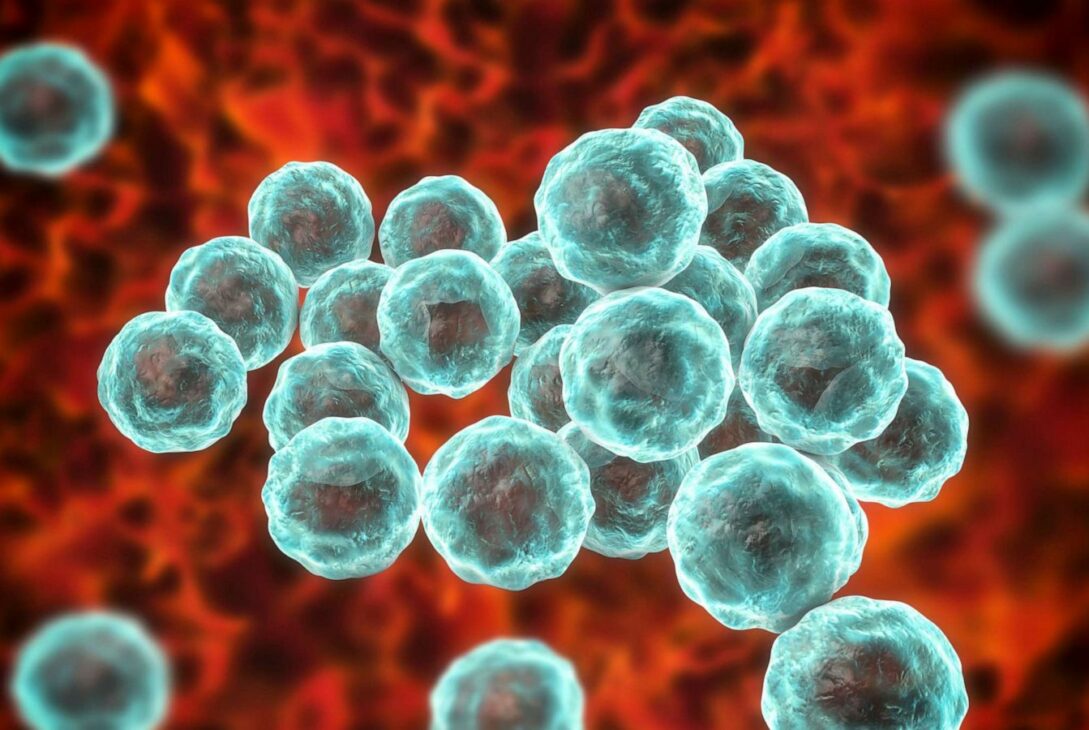Sexually transmitted infections can cause discomfort, lead to serious health problems, and potentially impact those close to you. Because of this, you should do everything in your power to protect yourself. Luckily, there are several steps you can take to do just that. From talking to your partner to using contraception, here are five things you should do to keep yourself healthy:
1. Get Tested
The best way to protect yourself and others from STIs is to get tested. While some infections cause symptoms, others don’t. That means you might not know you’re infected. Besides the risk of passing an infection to someone else, some STIs can cause serious health problems if left untreated. That’s why it’s important to get tested.
The good news is we live in a time when getting tested for STIs is a simple process. While you could schedule an appointment with your doctor, you can also opt for at-home STI testing. With this option, a company delivers your STI test by mail. The test typically arrives in discreet packaging, so you don’t have to worry about others knowing what’s inside.
Once opened, simply provide your sample, send it back, and wait for your results. Depending on your test results, you’ll be connected with a doctor who can guide you on the next steps.
2. Communicate
It’s important you talk to your sexual partner(s) about STIs before you’re intimate. Even if they say they’re negative, make sure you ask when they were last tested. As mentioned above, many infections don’t have symptoms. The only way to know is through testing.
If your partner hasn’t been tested recently, don’t be afraid to ask them to get tested. Let them know how easy it is with online testing. You could even offer to get tested with them, so they feel more comfortable.
You should also discuss safe sex with your partner. You want to make sure you’re both on the same page when it comes to using protection. If you and your partner can’t see eye to eye about safe sex, it might mean you aren’t compatible.
3. Use Condoms
While condoms aren’t foolproof, when used correctly they are 98% effective at protecting you from most STIs. Condoms are also effective at preventing pregnancy. If you want to keep yourself safe, it’s a good idea to use condoms every time you have sex.
It’s important to remember that not all condoms are the same. Latex condoms are the most popular choice because of their durability. However, if you have a latex allergy you might need to opt for a non-latex option. Keep in mind that non-latex condoms are more likely to break, making them ineffective. So if you aren’t allergic, it’s best to go with the traditional option.
Female condoms have also gained popularity in recent years. Inserted into the vagina, female condoms are 95% effective at preventing pregnancy and STIs if used correctly. Regardless of the type of condom you choose, make sure you follow the instructions to ensure its effectiveness.
4. Consider Dental Dams
When it comes to STIs, not everyone knows exactly how they’re spread. Even adults who’ve been sexually active for decades aren’t aware that oral sex can transmit infections just as easily. Because of this, you should consider using dental dams as a means of protection.
While dental dams have been around for a while, they aren’t as well-known as condoms, but they ought to be. These latex or polyurethane sheets are placed on the vaginal or anus opening during oral sex. Using a dental dam can protect you from infections such as herpes, gonorrhea, and syphilis, to name a few.
When choosing the right dental dam, opt for a latex brand the same way you would with condoms. The Sheer Glyde dam is FDA-approved, but there are other options you can choose from as well.
5. Get Vaccinated
There isn’t a vaccine to guard against every STI. However, there are vaccines that will help protect you against HPV, hepatitis B, and hepatitis A.
HPV stands for human papillomavirus, and it is a very common STI. While it’s not always harmful, some types of HPV may lead to cancer. Hepatitis B and hepatitis A are liver infections. Both aren’t always detrimental, but they could potentially lead to a liver transplant. Each of these infections can be easily spread from one person to the next. That’s why getting vaccinated is so important.
In the last few years, there’s been a great deal of buzz regarding HIV vaccines. Moderna, the company behind the successful COVID-19 vaccine, is working on a vaccine to prevent HIV from developing and spreading. However, it’s too soon to say when/if this vaccine will be available.
Keep in mind that no vaccine is 100% effective. Even if you’re vaccinated, you should still use some form of protection when having sex.
The sad reality is that STIs are incredibly common. This is most likely because it’s not always obvious when you have an STI, making them easier to spread. Also, many people aren’t aware of how easy it is to pass an STI from one person to the next.
If you think you have an STI or aren’t sure, it’s important to get tested so you can receive treatment. The good news is that many infections may be treated and even cured with antibiotics. But you can only receive this treatment if you know you need it.





















